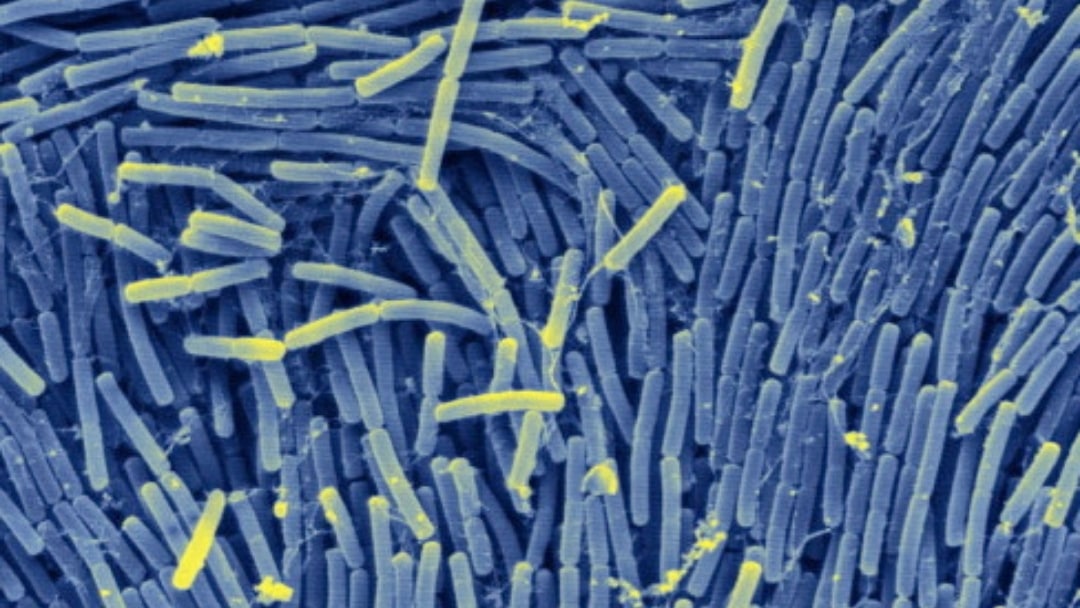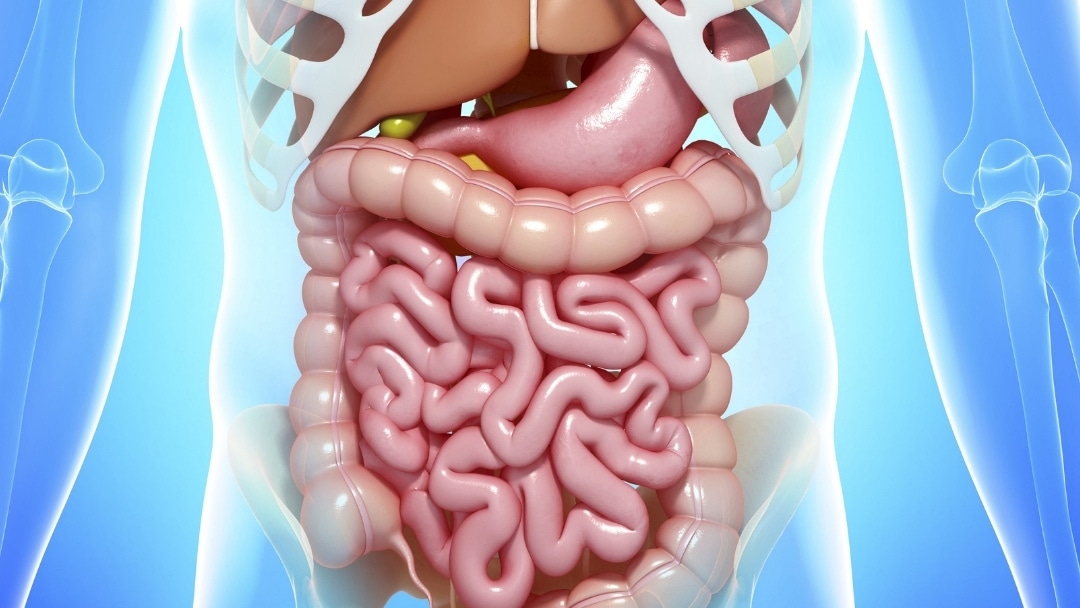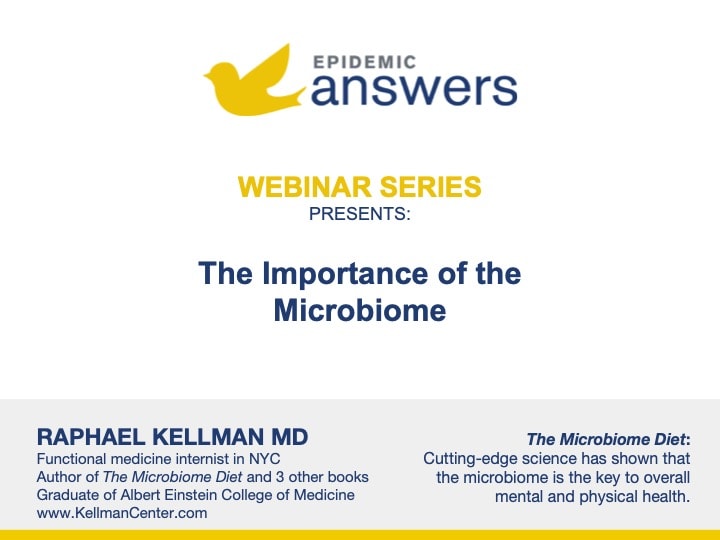In this blog post, nutritionist Kelly Dorfman writes that understanding the process of digestion is necessary before understanding what goes wrong in children with chronic disorders such as autism, ADHD, allergies and asthma.
Digestion starts in the mouth. Each bite of food that enters the mouth mixes with saliva and is swallowed. A process of muscle contraction called peristalsis moves the partially digested food into the stomach, small intestines and colon, where enzymes and other juices work it further.
Enzymes, which are proteins responsible for many essential biochemical reactions, are vitally important for proper digestion. Enzymes act as catalysts, breaking down carbohydrates, proteins and fats into simple forms that the body can absorb, burn for energy, or use to build or repair itself.
As the body absorbs nutrients, toxins and other waste products finish the journey, exiting through the rectum as fecal matter.
How Long Does Digestion Take?
This very complex process could take hours to days, depending upon many factors. Ideally, food should not tarry too long in the intestines, as the digestive organs then reabsorb wastes. Ideally, the contents of a healthy, well-fed gastrointestinal tract, assisted by an adequate supply of food and water, break down food into usable particles, pick up wastes, and produce at least one significant bowel movement per day, without any effort.
The Microbiome
The entire digestive tract is a living ecological community of good, bad and ugly microorganisms called our microbiome that shares our body space for the purpose of assisting in food absorption and waste elimination. Unbelievably, the average person carries around over three pounds of more than 100 trillion bacteria to do the job!
The microbiome was discovered in the late 1990s, and is now believed to potentially have an overwhelming impact on human health. Some of the gut’s bacteria are “friendly,” whereas others are considered “bad.” The good guys are beneficial to the digestive process and much more. The bad guys disrupt the digestive process and health in general. Good and bad bacteria compete for space in the digestive tract, and the goal, of course, is for the good to outnumber the bad.
The Second Brain
The gut and the brain are both branches of the body’s autonomic nervous system that communicate, not only with each other, but with the immune system, as well. At least 70% of the immune system is located in the digestive tract, according to Michael Gershon, MD. He has dubbed the subdivision of the autonomic nervous system that directly controls the gastrointestinal system, known scientifically as the enteric nervous system (ENS), “the second brain.”
A modern pioneer in the emerging field of neuro-gastroenterology, Gershon has enhanced our understanding of the complex interactions among the damaged gut, the immune system and the brain. Nowhere is this connection clearer than in the bodies and minds of those with neurodevelopmental disorders such as autism, ADHD, Sensory Processing Disorder and learning disabilities.
About Kelly Dorfman MS LND
Kelly Dorfman is one of the world’s foremost experts on using nutrition therapeutically to improve brain function, energy and mood. Kelly’s special talent for integrating information from many sources and finding practical solutions has made her a popular speaker and workshop leader. She lectures extensively and is a member of Platform (formerly the National Speakers Association) and has been featured on numerous television programs including CNN’s American Morning.
Kelly’s award winning book, Cure Your Child With Food: The Hidden Connection Between Nutrition and Childhood Ailments (formerly known as What’s Eating Your Child) was given rave reviews by Publishers Weekly and the Washington Post.

As a go-to expert on nutrition issues, Kelly is frequently interviewed and quoted in the media. She has been featured in articles in The Wall Street Journal, Parade, Bethesda magazine, Living Without magazine, and the Huffington Post.
Kelly holds a master’s degree in nutrition/biology and is a licensed nutrition dietitian. She is a co-founder of Developmental Delay Resources, which has merged with Epidemic Answers. You can find out more about Kelly and her practice at kellydorfman.com
Still Looking for Answers?
Visit the Epidemic Answers Practitioner Directory to find a practitioner near you.
Join us inside our online membership community for parents, Healing Together, where you’ll find even more healing resources, expert guidance, and a community to support you every step of your child’s healing journey.




